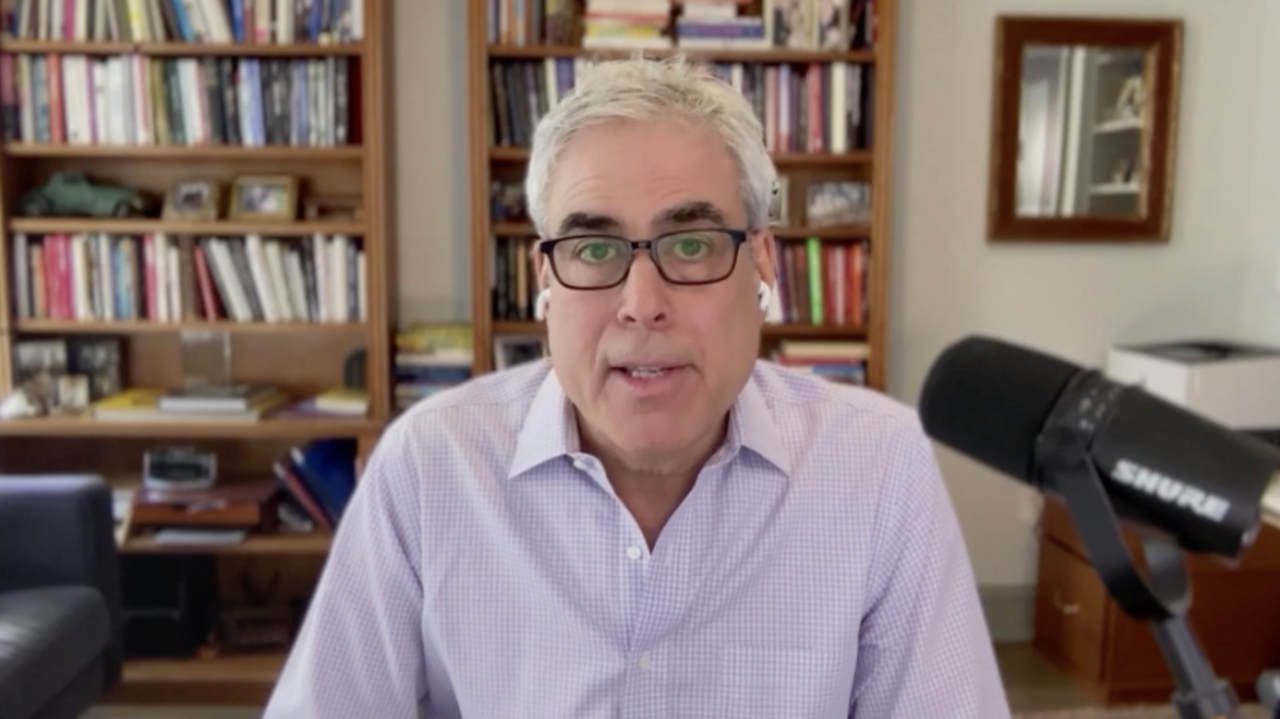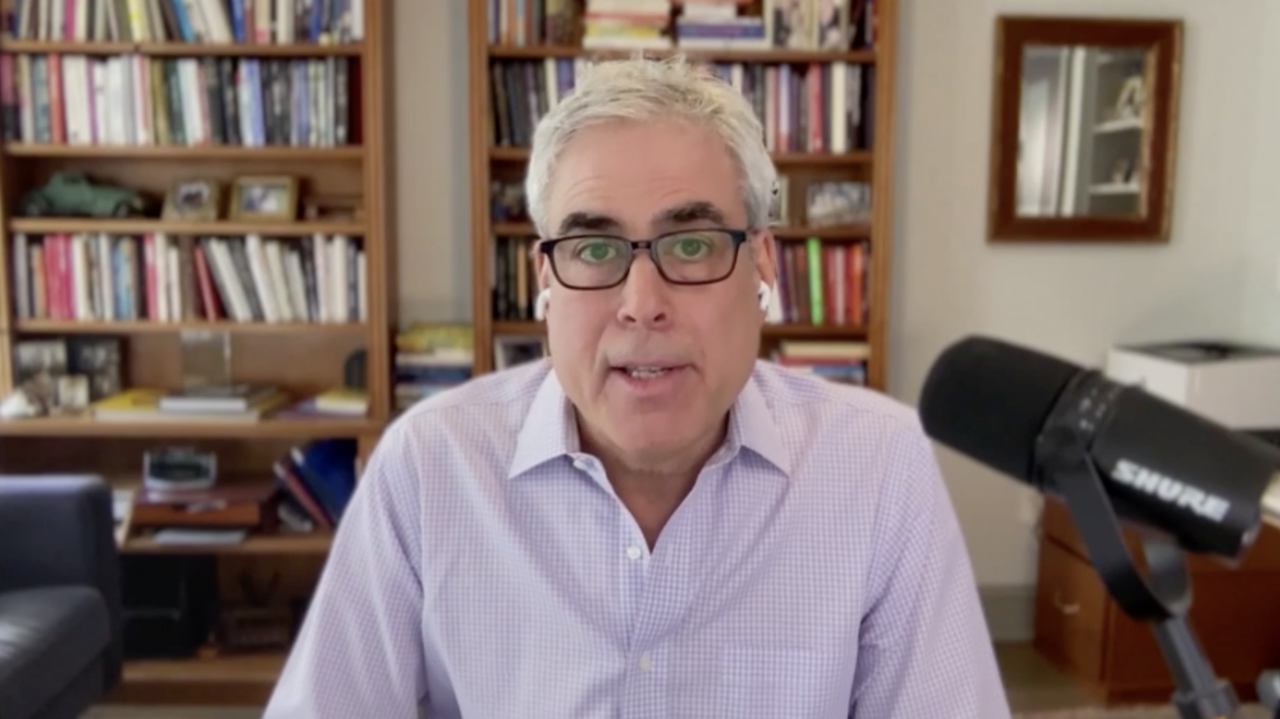Family Tensions Rise Over Late Sister’s Memory Amid New Baby

URGENT UPDATE: A mother faces mounting pressure from her own mother to share painful family history with her children, raising serious concerns about emotional wellbeing and family dynamics. In a poignant letter to Slate’s Care and Feeding column, the mother, referred to as Younger Sister, reveals her struggle over how to honor her late sister, Paloma, who passed away due to complications from anorexia.
The situation escalates as her mother insists that Younger Sister’s children—aged 6 and 4—are missing out on knowing their aunt. Despite acknowledging her mother’s grief, Younger Sister expresses her reluctance to delve into memories that are largely negative, citing a troubled relationship marred by Paloma’s eating disorder.
As tensions grow, Younger Sister highlights her childhood memories of Paloma as being painful, stating, “I honestly felt more relief than anything when she died.” This stark admission raises questions about how families navigate the complexities of loss and memory, especially when mental illness is involved.
The letter sparks intense discussions on social media, with many sympathizing with Younger Sister’s dilemma. Experts suggest that she should consider having an open and honest conversation with her mother about the nature of her memories. “You aren’t under any obligation to eulogize someone who tormented you,” one expert advised, emphasizing the importance of mental health in familial relationships.
As the family’s dynamics shift with the arrival of a new baby expected in October 2023, Younger Sister grapples with how to manage her mother’s expectations while protecting her children from potentially distressing narratives.
In another related query, a mother facing a different but equally urgent challenge seeks advice on navigating her in-laws’ unsafe pool situation. With no fence and strong resistance from her mother-in-law, she is determined to prioritize the safety of her 8-year-old daughter and 5-year-old son. Experts emphasize that drowning is a leading cause of unintentional injury-related death among children aged 5 to 19 in the U.S., urging parents to advocate for safety measures.
As family dynamics continue to evolve, the emotional implications of these discussions resonate deeply, highlighting the urgent need for families to communicate openly about sensitive topics. This ongoing conversation reflects a broader societal struggle to balance honoring family legacies while prioritizing mental health and safety in parenting.
For readers, these stories underscore the importance of navigating complex family relationships and the role of communication in fostering understanding. The emotional weight of these situations makes for a compelling narrative that many families may find relatable.
Stay tuned for further developments as these families confront the intricate balance between memory, grief, and the responsibility of parenting. Share your thoughts and experiences on social media, and join the conversation about how we honor our past while building a safe future for our children.






